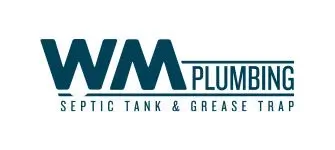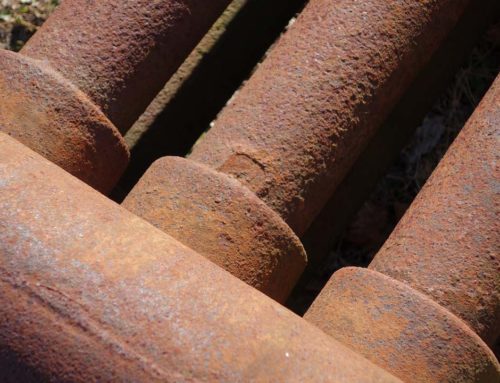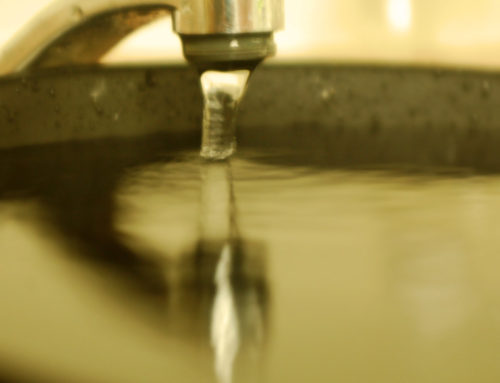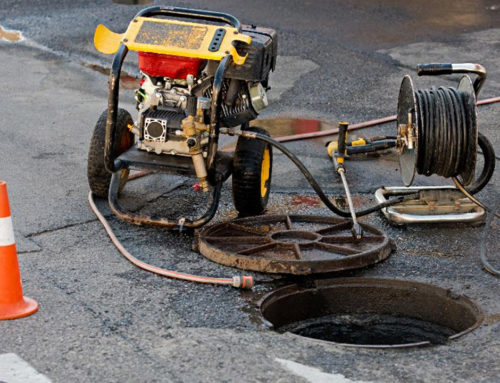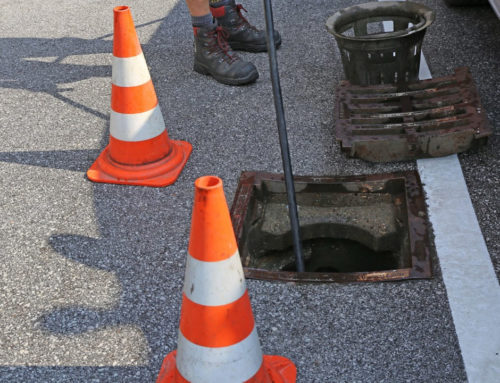How Does a Plumber Find a Gas Leak?
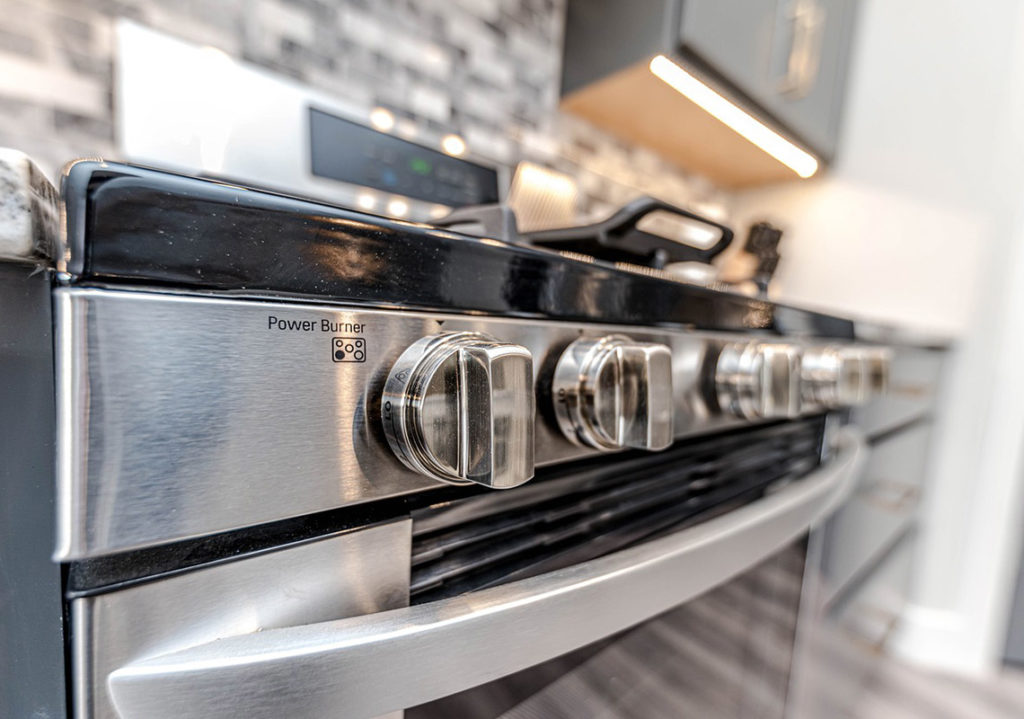
Gas leaks can be a serious and potentially life-threatening issue in any home or commercial property. Detecting and addressing gas leaks is a job that requires precision, expertise, and the right tools. Plumbers often play a crucial role in identifying and resolving gas leaks, as they are well-versed in the intricacies of piping systems. In this article, we will explore the methods and tools that plumbers use to find gas leaks, emphasizing the importance of safety and professionalism in dealing with this hazardous problem.
The Dangers of Gas Leaks
Before delving into the methods employed by plumbers to find gas leaks, it’s essential to understand the gravity of the situation. Gas leaks, whether they involve natural gas or propane, are extremely dangerous for several reasons:
- Fire and Explosions: Gas leaks can lead to explosions or fires if the gas ignites. Even a small spark, like turning on a light switch, can be enough to trigger an explosion.
- Health Risks: Inhaling gas fumes can cause a range of health problems, including headaches, dizziness, nausea, and in severe cases, asphyxiation or carbon monoxide poisoning.
- Environmental Impact: Gas leaks release harmful greenhouse gases into the atmosphere, contributing to climate change.
Given these potential hazards, it is crucial to detect and repair gas leaks promptly. Plumbers are often the professionals called upon to handle this task due to their expertise in working with pipes and plumbing systems.
Methods Used by Plumbers to Find Gas Leaks
- Visual Inspection: Plumbers will often begin by conducting a visual inspection of the gas line and related components. They look for signs of damage, corrosion, loose connections, or any other visible issues. This may involve checking gas lines, valves, and fittings. However, many gas leaks are not easily visible to the naked eye.
- Gas Leak Detector: To pinpoint gas leaks that are not visible, plumbers use specialized gas leak detectors. These devices can detect gas concentrations in the air and alert the plumber to potential leaks. There are different types of gas leak detectors, including handheld, portable devices and more sophisticated equipment for larger-scale applications.
- Soapy Water Test: The soapy water test is a simple and effective method for identifying gas leaks in pressurized systems. Plumbers apply a soapy water solution to the suspected area, such as a pipe joint or connection. If gas is escaping, it will cause bubbles to form in the soapy water, indicating a leak.
- Pressure Testing: Pressure testing involves pressurizing the gas line and monitoring it for any drops in pressure, which could be indicative of a leak. Plumbers can use pressure gauges and other tools to perform this test safely. This method is particularly useful for detecting small leaks that may not be evident through other means.
- Infrared Imaging: Infrared imaging, or thermography, can be used to detect temperature anomalies caused by gas leaks. When gas escapes, it cools the surrounding area, and infrared cameras can capture these temperature variations. This method is especially valuable for locating hidden leaks within walls or underground.
- Acoustic Leak Detection: Acoustic leak detection involves using specialized equipment to listen for the sound of gas escaping from a pipe or fitting. Gas leaks often produce a hissing or whistling noise that can be detected by sensitive microphones or listening devices. This method is particularly helpful for locating hard-to-find leaks.
Safety Measures and Precautions
When dealing with gas leaks, safety is paramount. Plumbers must take several precautions to protect themselves, the occupants of the property, and the environment:
- Turn Off the Gas: The first step in addressing a gas leak is to turn off the gas supply at the source. This helps prevent the leak from worsening and minimizes the risk of ignition.
- Ventilation: Ensure proper ventilation by opening doors and windows to disperse the gas fumes. Avoid using electrical appliances or open flames until the leak is resolved.
- No Smoking: Smoking or any open flame should be strictly prohibited in the vicinity of the gas leak.
- Evacuation: If the gas leak is severe, evacuate the property immediately and call emergency services.
- Professional Help: In many cases, it’s best to consult with a licensed plumber or gas technician who is experienced in dealing with gas leaks. They have the necessary knowledge and equipment to handle the situation safely.
Detecting and addressing gas leaks is a critical task that requires the expertise of a skilled plumber. Whether through visual inspection, gas leak detectors, pressure testing, or advanced techniques like thermography and acoustic leak detection, plumbers use a variety of methods and tools to find gas leaks and prevent potential disasters. Safety is of utmost importance when dealing with gas leaks, and homeowners and property managers should never attempt to resolve these issues on their own. Instead, they should rely on professional plumbers and gas technicians to safeguard their properties and the well-being of those within.
Further Reading
Hialeah gas leak leads to evacuations and street closures. What to know
